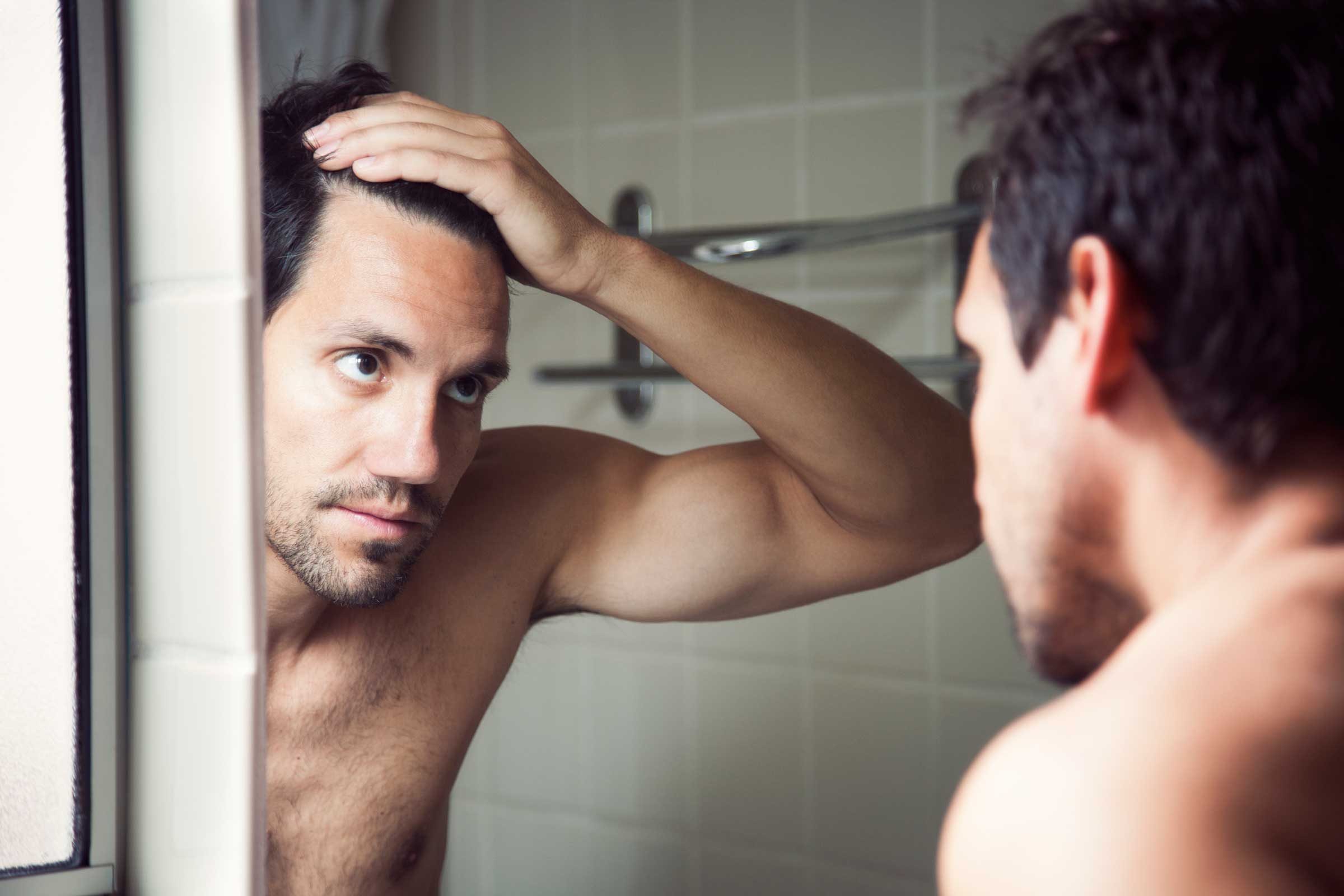
Don’t pluck gray hair!
Yanking out a renegade gray won’t cause two or ten more grow back—total hair myth. When a strand grows gray, it means that specific hair follicle is producing less melanin, a pigment that gives hair its hue. Plucking it isn’t going to magically summon the surrounding strands for revenge, but it may cause some trauma to the follicle. And when it grows back gray—because it always will—pulling it out again and again may lead to infection or scarring of that hair follicle. Color it, cut it if you must, but stop plucking. You should never, ever touch these parts of your body.
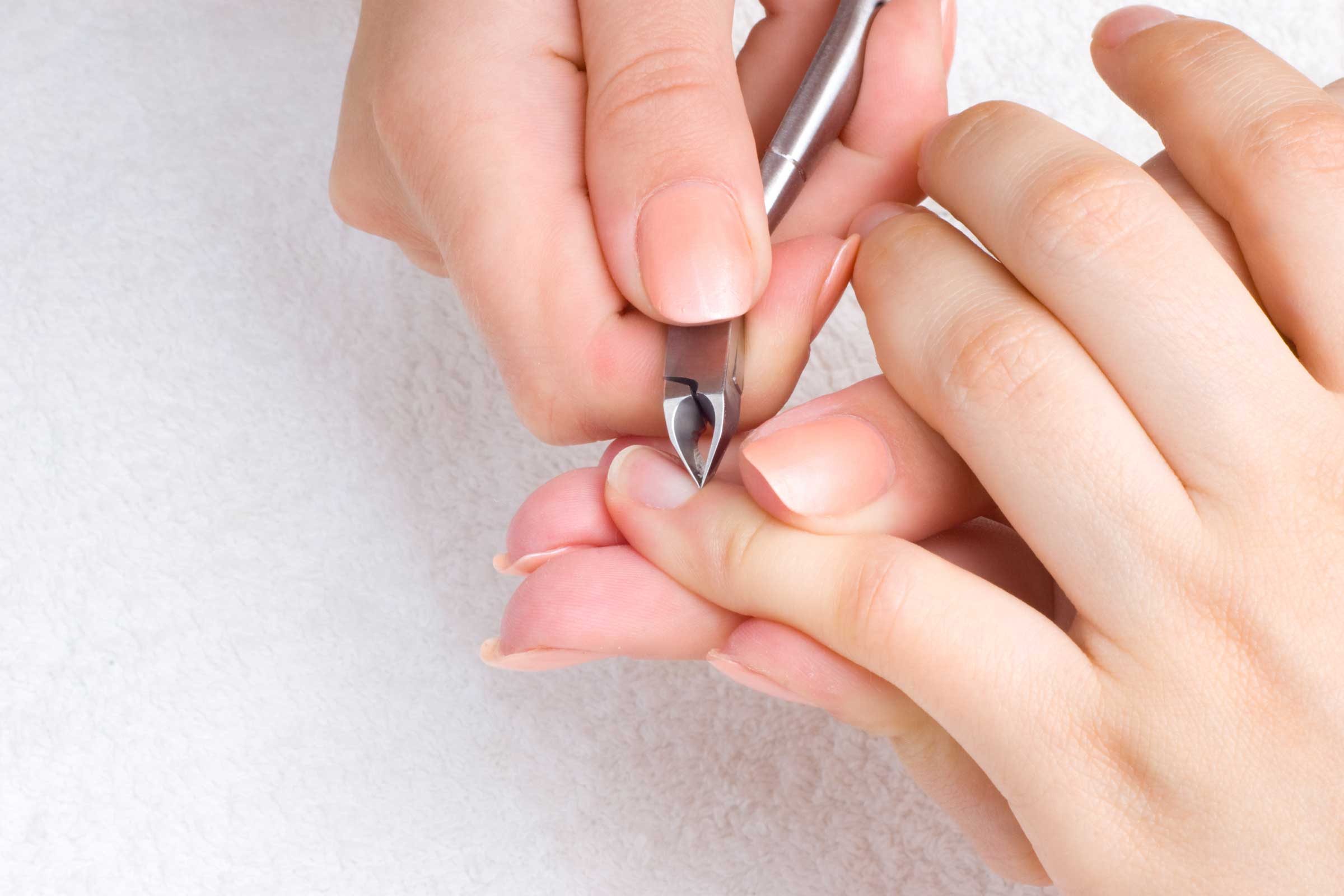
Don’t pick a hangnail!
It’s the skin near the nail—not the actual nail—that’s doing the hanging, and it’s crazy how such a tiny piece of torn skin can hurt so much. The last thing you want to do, though, is bite, chew, or rip it off. Bacteria can then infect the open wound, making it red, swell, and throb. Instead, cut the extra skin with a clean nail clipper or small nail scissors, dot it with antibiotic cream if it’s red and sore, and cover it with a bandage for a few days until it heals.
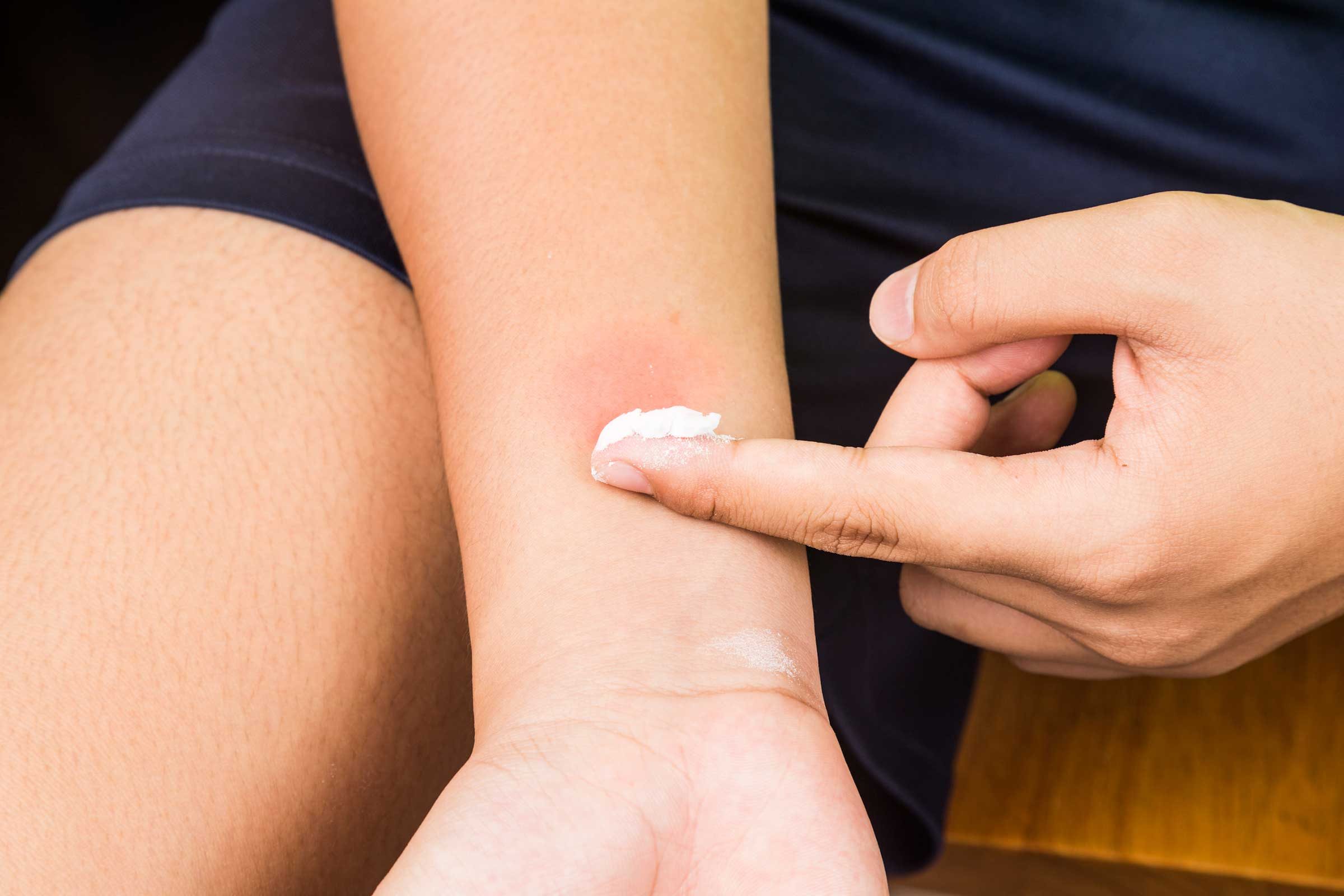
Don’t scratch an itchy mosquito bite!
When those awful little bloodsuckers feast on you, they inject saliva into your skin; proteins in the saliva are what triggers a mild immune reaction, leaving behind a hard bump and insistent itch that you just Can’t. Stop. Scratching. Those first few rakes of your fingernails may feel really good—research has shown scratching activates pleasure and reward centers in the brain; but if you keep at it, you’ll irritate and inflame the area. That can kick your immune system into overdrive and result in more swelling, more itching, and a longer-lasting bump. Try a dab of calamine lotion or over-the-counter hydrocortisone cream to calm the itch; a cold pack or baggie filled with crushed ice may help, too. These body parts are much younger than you thought.
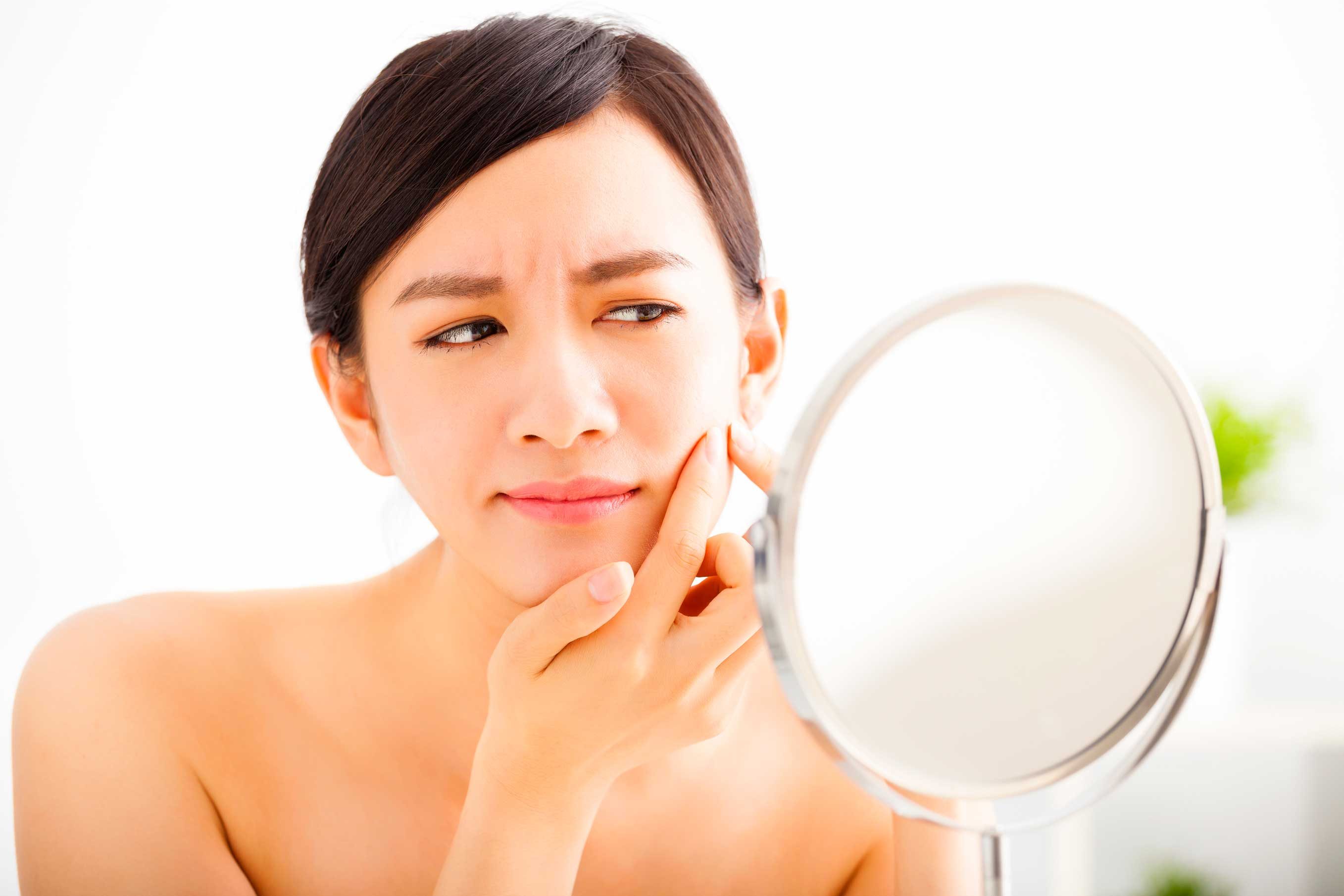
Don’t squeeze blackheads!
The same rule that applies to pimples stands here: Step away from the magnifying mirror and keep your prying fingers off these unsuspecting little spots. As satisfying as it is to force the gunk—more specifically, oil, bacteria, and dead skin cells—from the plugged-up pore, squeezing blackheads can cause irritation, trauma to the skin, and lots of redness. Talk to your dermatologist to determine the best products to help treat your unwanted blemishes.
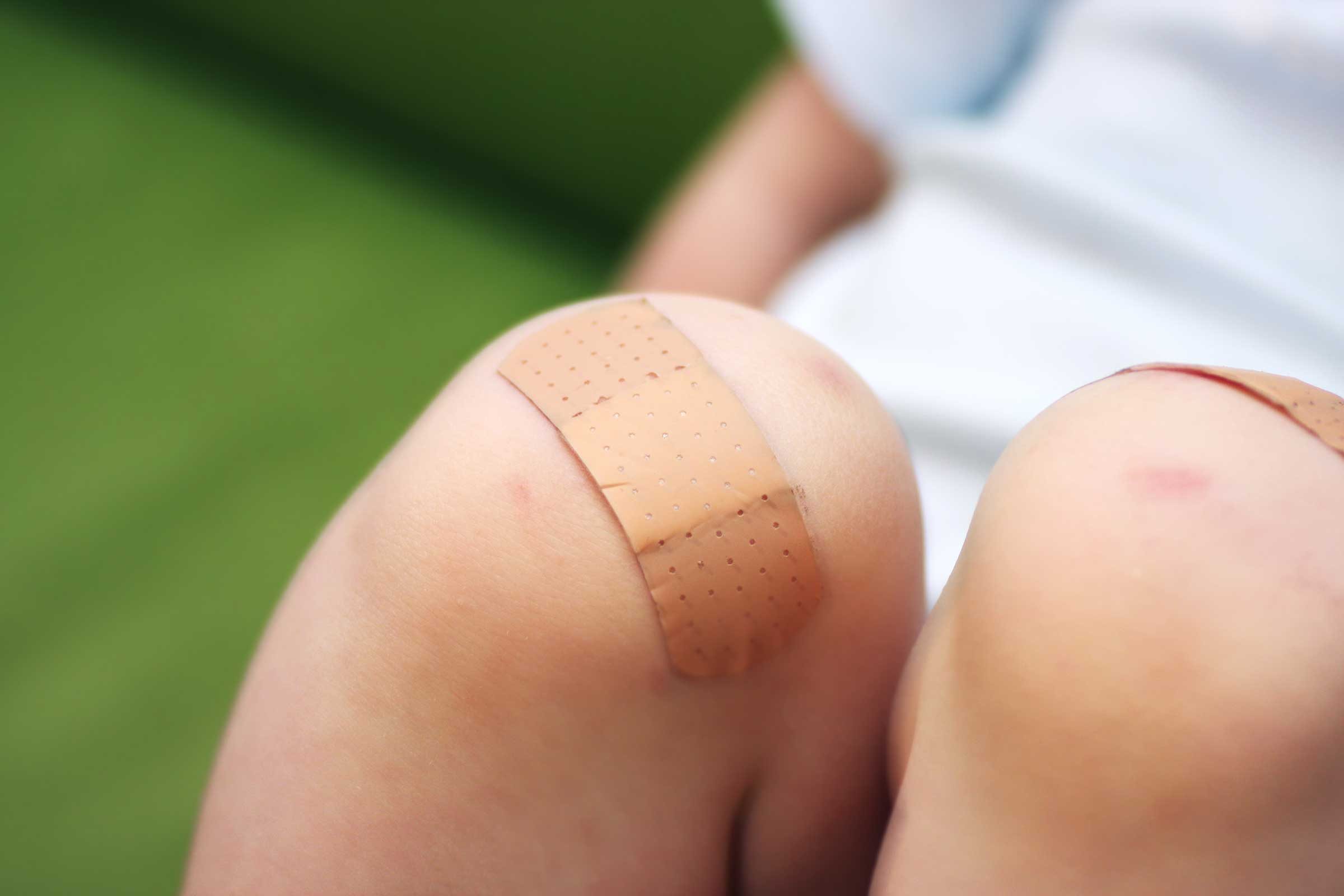
Don’t pick a crusty scab!
Ideally, you don’t even want a scab to form—skin injuries should be kept clean, well- lubricated (with petroleum jelly or mineral oil), and covered with a bandage so they don’t dry out; wounds with scabs actually take longer to heal. That said, if a hard, reddish glob is covering your latest cut or scrape, leave it be to do its job—keep the germs out while skin cells regenerate underneath. If you pick at or pull a scab off, you can undo the repair and rip your skin again, which means it’ll take that much longer to heal and you might even get a scar. In a week or two, the scab should fall off on its own. Avoid these other common first aid mistakes.
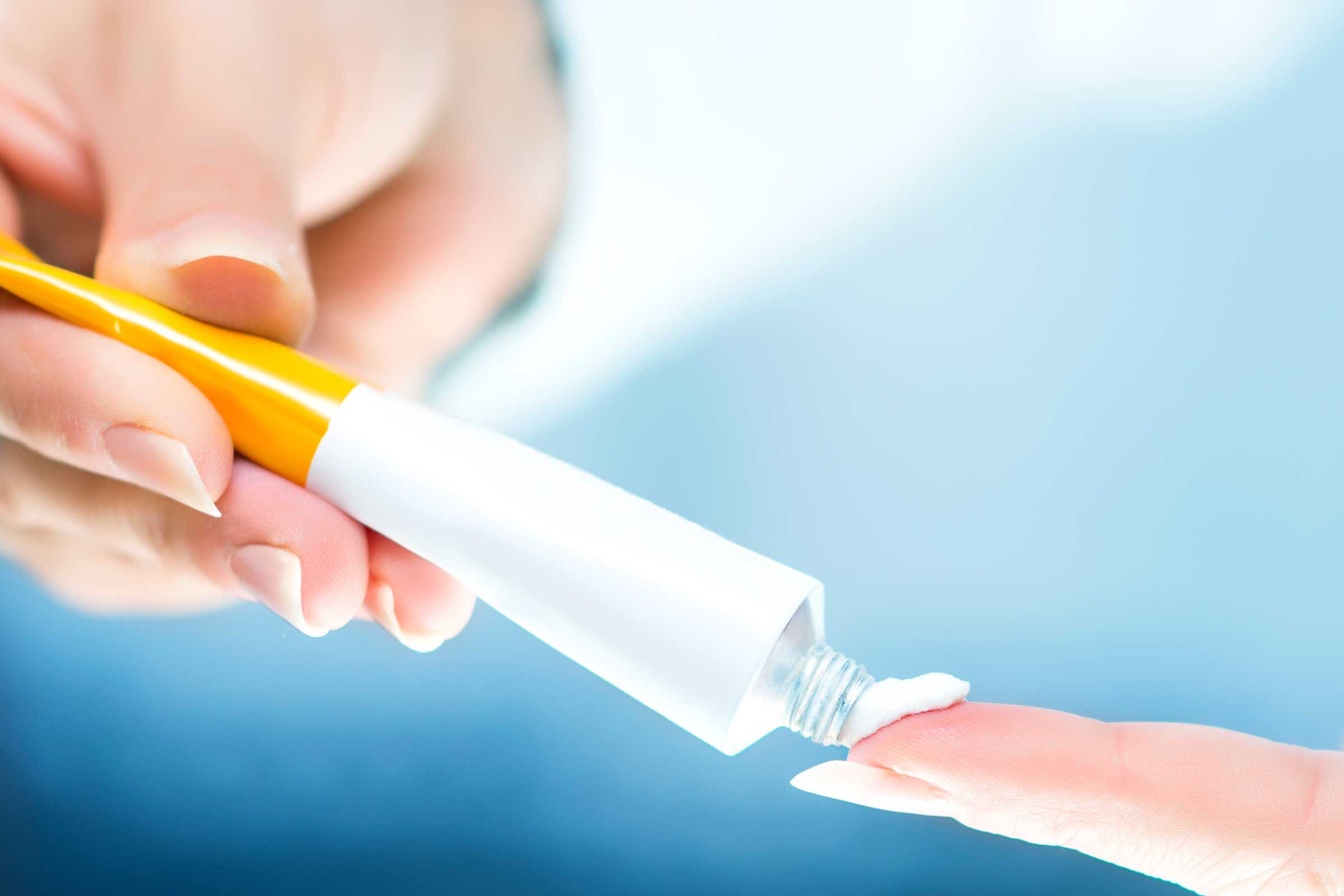
Don’t pop a blister!
That is, unless you really, really, have to: Unbroken skin over a blister keeps it sterile, decreasing the risk of infection. If it’s in a bad spot, like on your foot and you’re having a hard time walking, here’s how to drain it right: Wash your hands and the blister with soap and water; then swab the blister with rubbing alcohol. Use a sterile needle to puncture the blister at several spots along the edge, letting it drain, but leaving the overlying skin in place. Apply an antibiotic ointment and cover with a bandage.
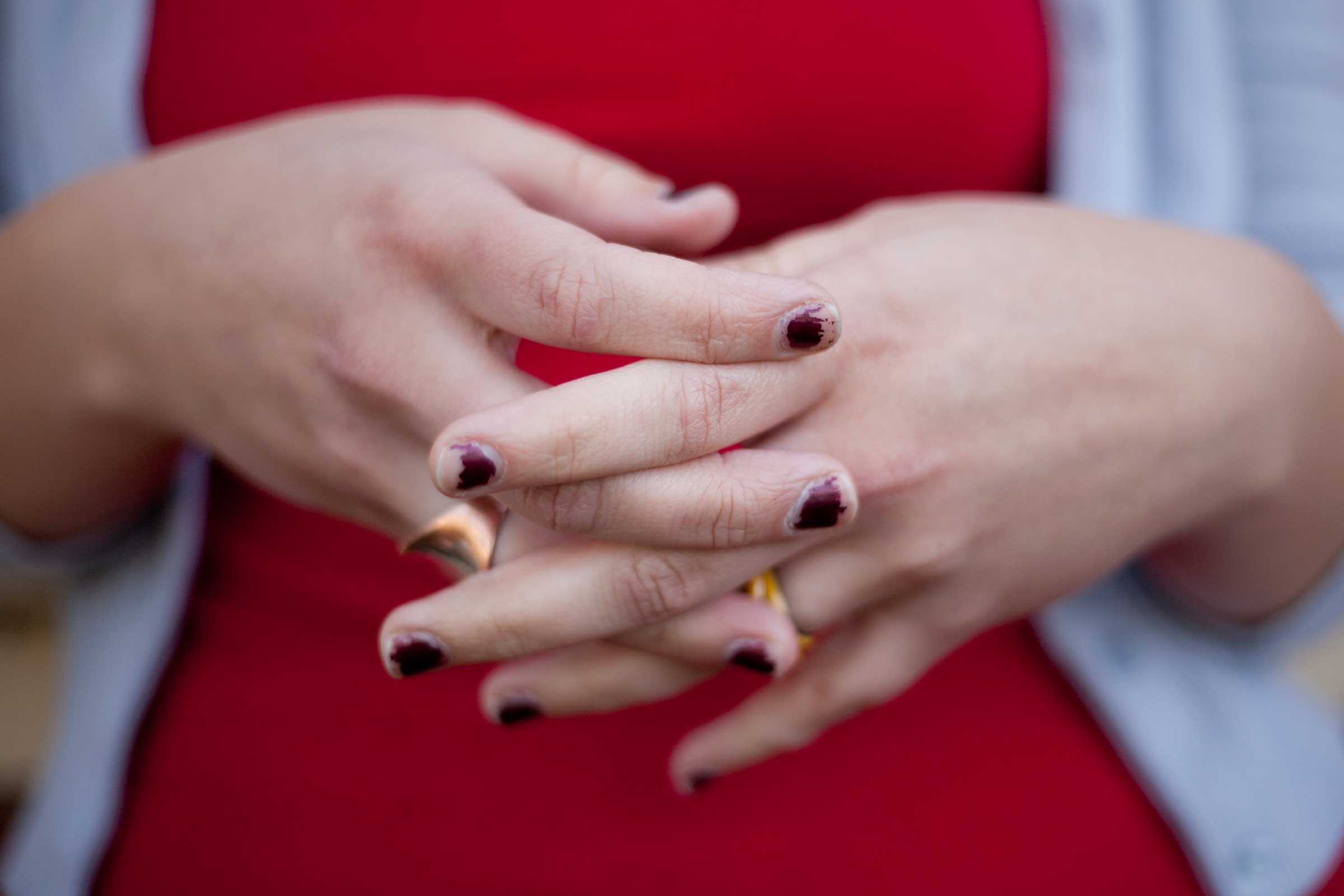
Don’t pick at chipping nail polish!
Once your eye catches that missing chunk of polish, there isn’t enough willpower in the world to keep you from picking and peeling every last itty-bitty-bit off. In the process, you can also remove the first layer of your nail, causing it to weaken, thin, or crack. The better way: nail polish remover, preferably acetone-free. Read up on these body parts you never even knew you had.
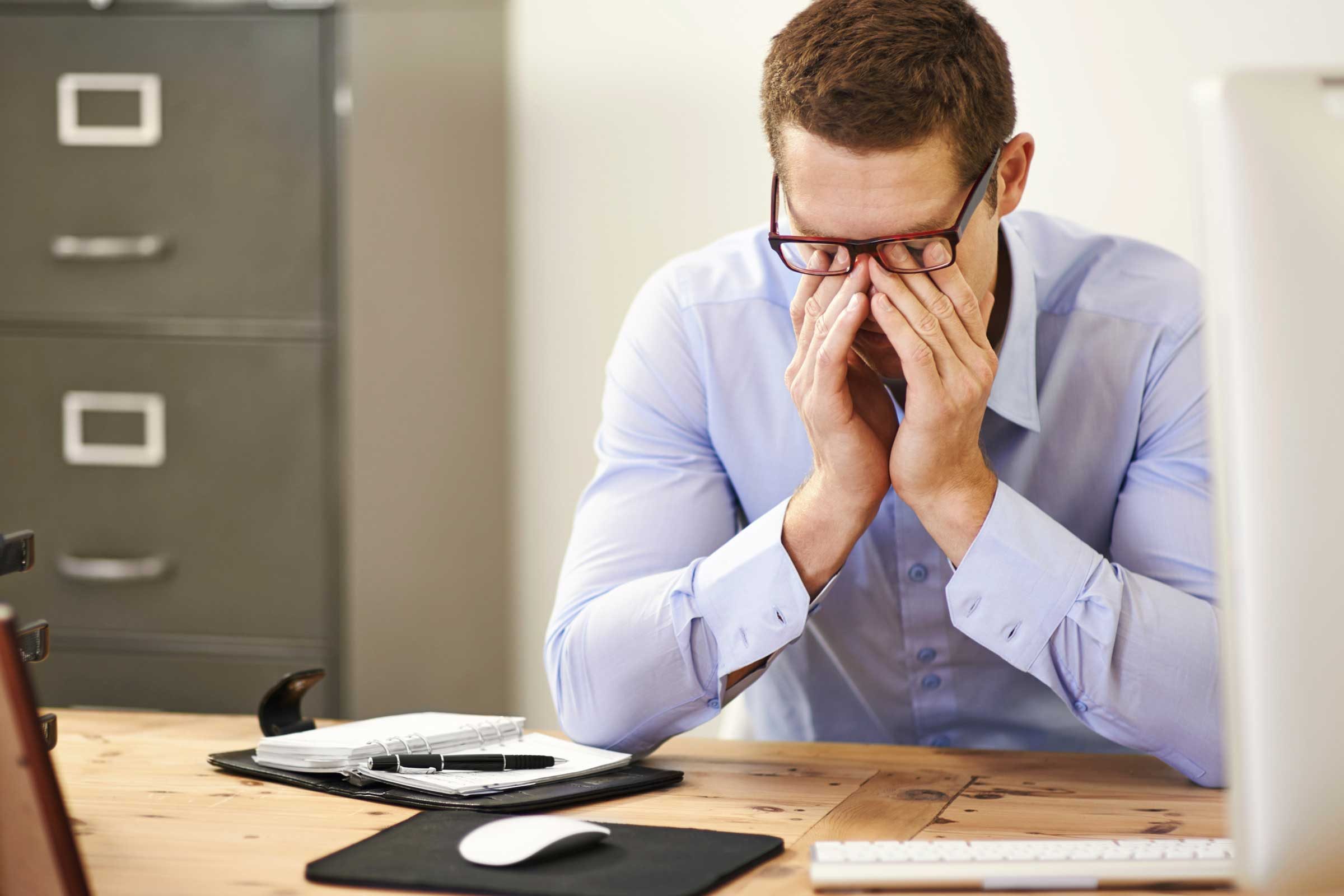
Don’t rub tired eyes!
You give them a rub to wake up a little, but the skin around your eyes is super thin (only .05 mm), so all that tugging and pulling can create little tears in the blood vessels, contributing to the dark circles you try to conceal. Plus, sticking your dirty hands near your eyes is basically inviting germs and bacteria in, upping your risk of infection (like pink eye) or chance of catching a cold or flu. Next, read about these strange body parts and their surprising purposes.